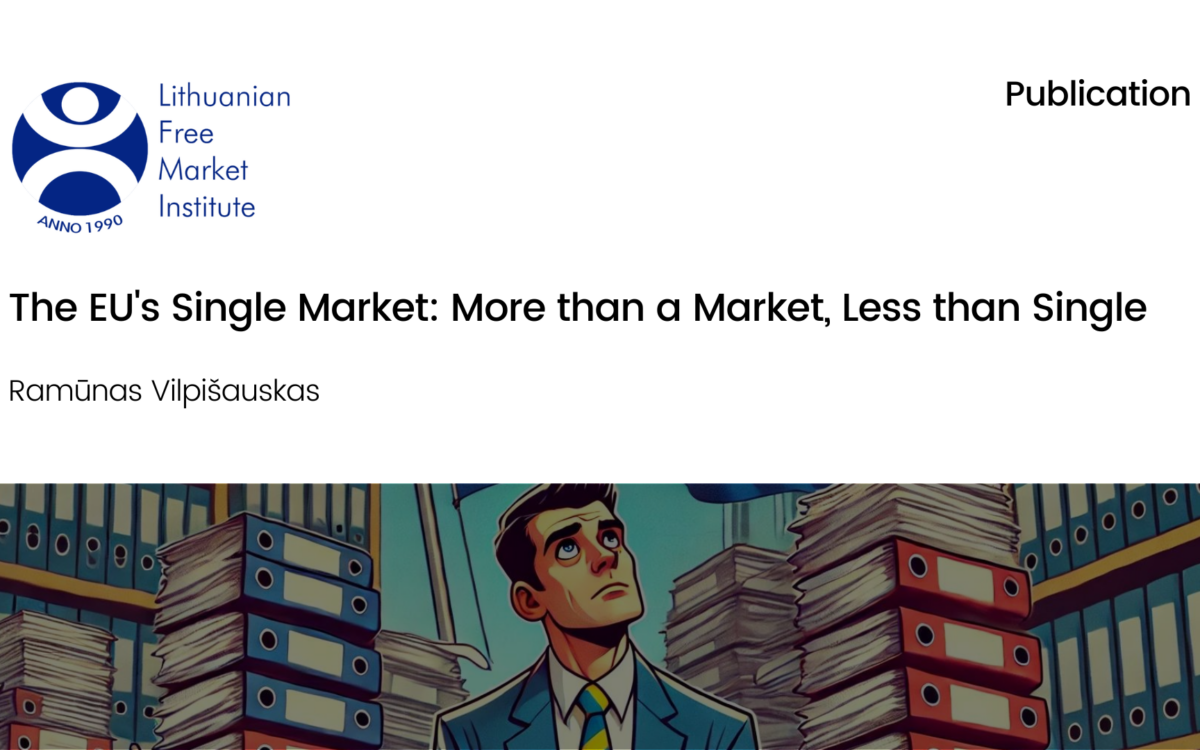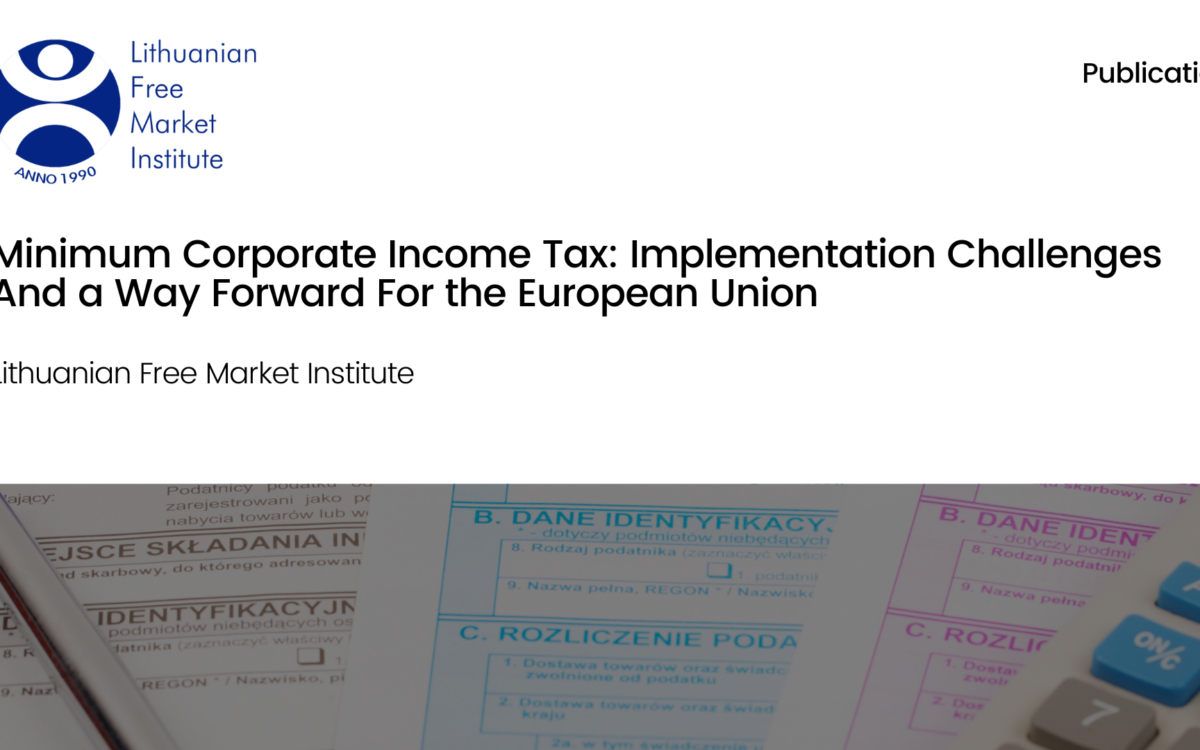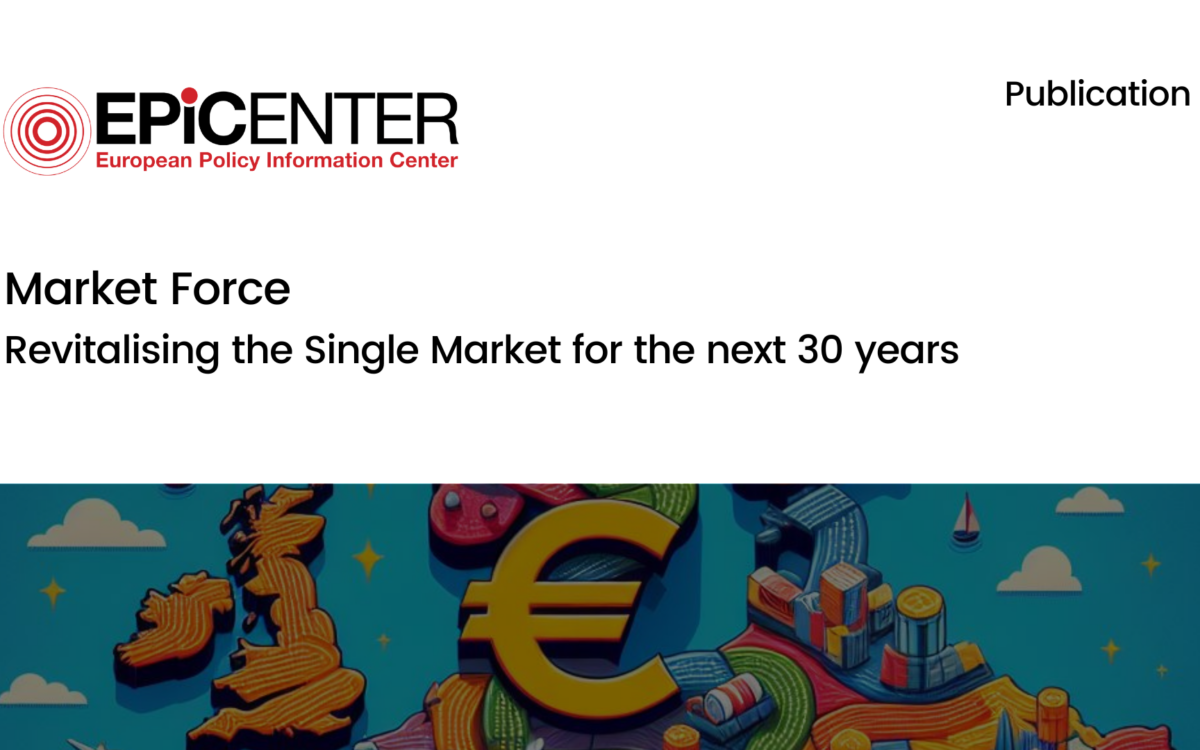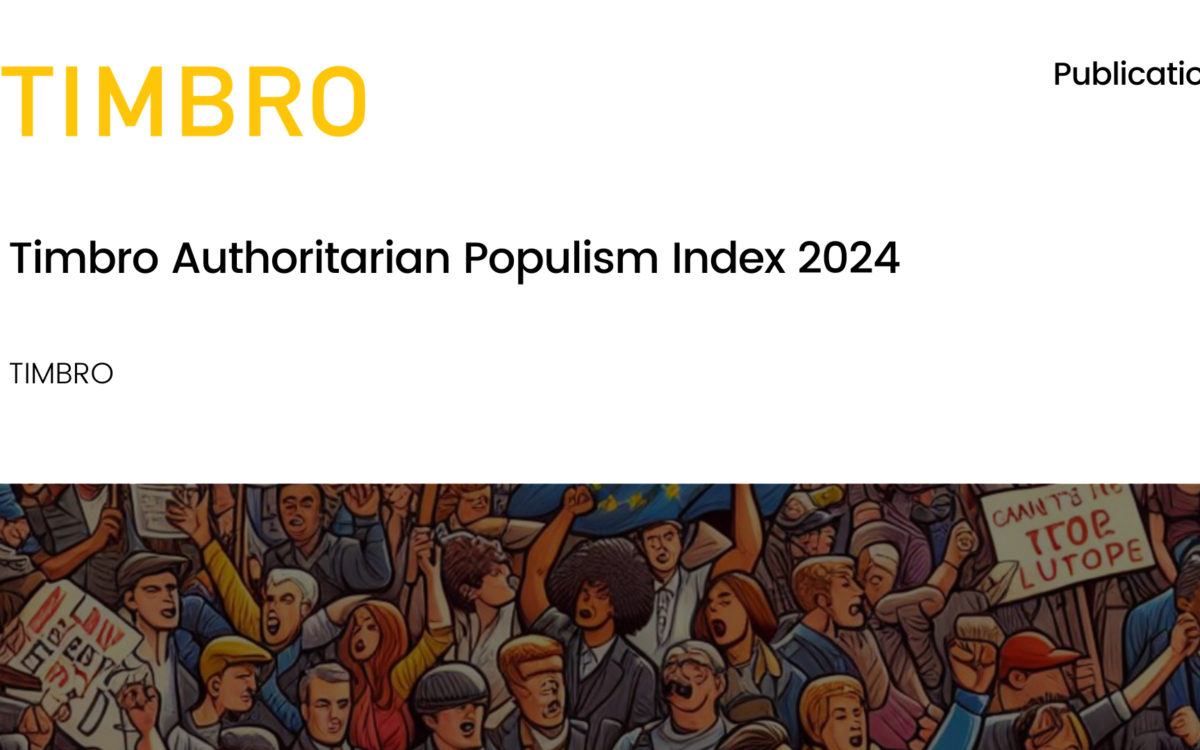You Had One Job
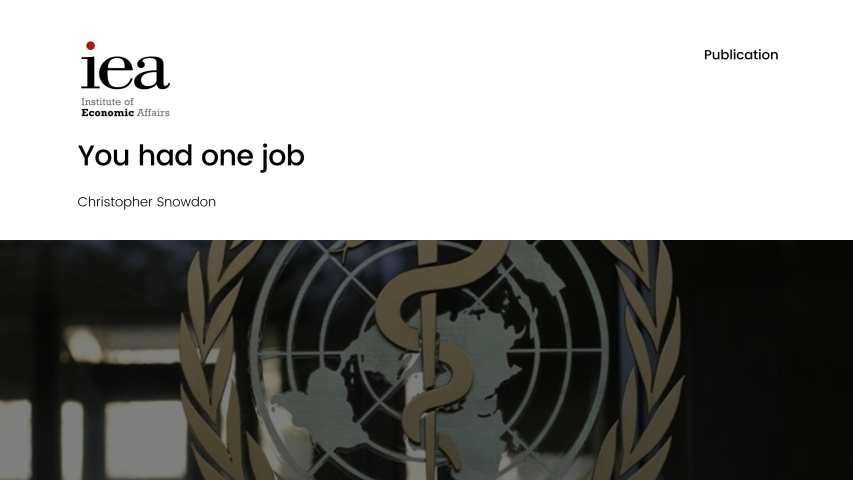
You Had One Job
4 September 2020
The World Health Organization (WHO) and Public Health England (PHE) have been widely criticised for their response to the Covid-19 pandemic. Serious questions have been asked regarding their competence. As a result, the US government has withdrawn its funding from WHO and the UK government has announced that Public Health England will be disbanded. This paper looks at what went wrong.
WHO has been accused of being naive and credulous in its dealings with the Chinese government, and of giving the world a false sense of security about the virus in the early stages of the outbreak. It strongly opposed travel bans and the use of face masks, and has been accused of sidelining Taiwan for political reasons.
In theory, WHO and PHE prioritise infectious diseases, but both organisations have arguably spread themselves too thinly over a broad range of medical, political and social issues. This has led to a lack of focus: neither agency saw itself as having ‘one job’. Even during the Covid-19 pandemic, they often retreated into their comfort zone of discussing lifestyle issues, such as sugary drinks and vaping.
The institutional failure of public health agencies does not easily lend itself to free-market solutions, but funding does not have to come from the state and there is room for an element of competition. WHO may be beyond reform, but its most important function of disease surveillance could be carried out by another agency. Member states and private philanthropists could fund a politically neutral global pandemic surveillance organisation, focused solely on viral and bacterial epidemics. Alternatively, an existing organisation could be beefed up to fill this role.
Download or share this publication
View the PDF
EPICENTER publications and contributions from our member think tanks are designed to promote the discussion of economic issues and the role of markets in solving economic and social problems. As with all EPICENTER publications, the views expressed here are those of the author and not EPICENTER or its member think tanks (which have no corporate view).
